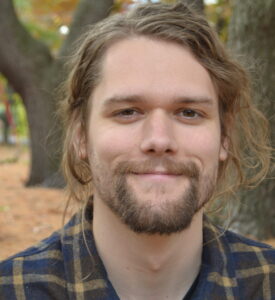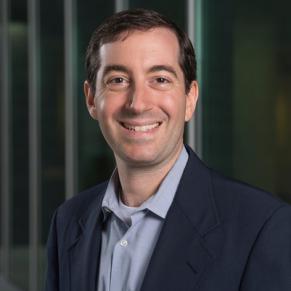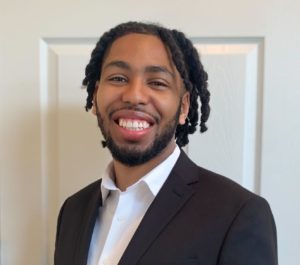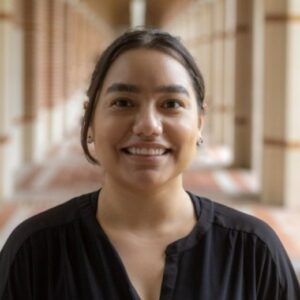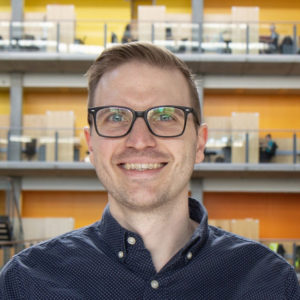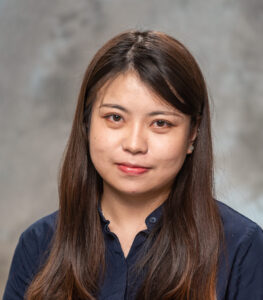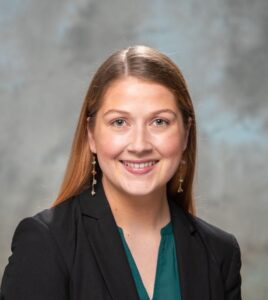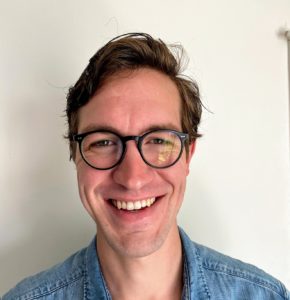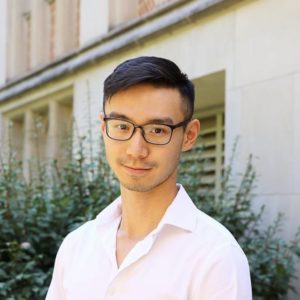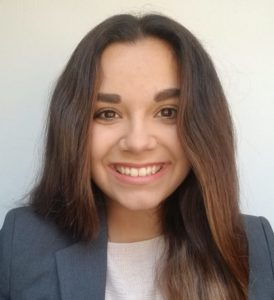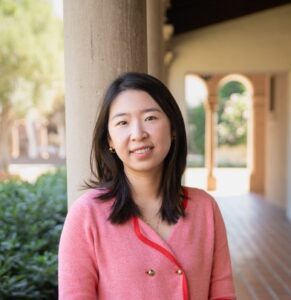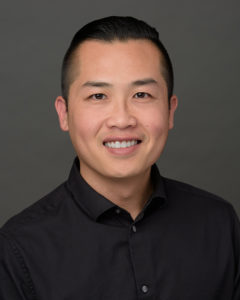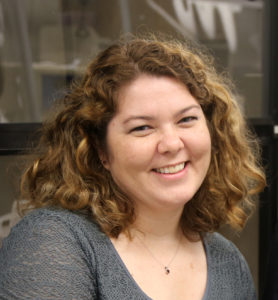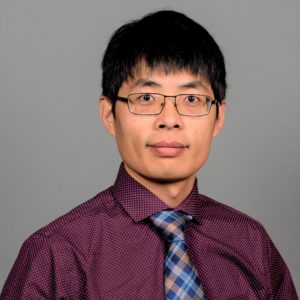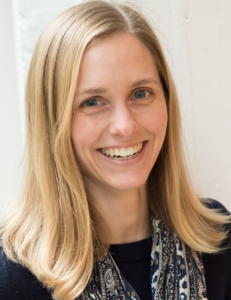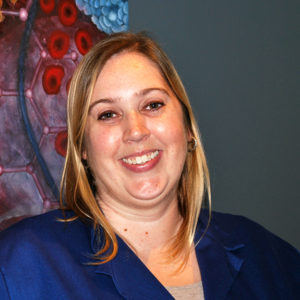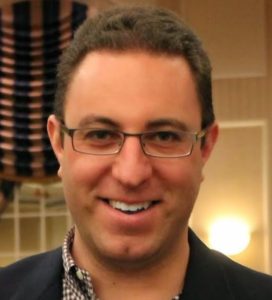Nicole Buan
Nicole Buan is a Professor of Biochemistry at the University of Nebraska-Lincoln and has broad expertise in microbial physiology, metabolism, and redox biochemistry. Dr. Buan recently co-founded the Archaea Power Hour virtual seminar series and serves as Associate Editor for Applied Environmental Microbiology and Frontiers in Microbiology (Microbial Physiology and Metabolism) journals. Dr. Buan began research as a high school student in Tucson, Arizona, where she did undergraduate thesis research on ATP-independent molecular chaperone proteins in plants under the supervision of Dr. Elizabeth Vierling at the University of Arizona. She received her PhD from the University of Wisconsin-Madison, where she was a Howard Hughes Predoctoral Fellow in the lab of Jorge Escalante-Semerena. There, she made key contributions to understanding protein:protein interactions involved in coenzyme B12 synthesis in Salmonella, discovered the only known iron-sulfur-cluster-containing B12 adenosyltransferase enzyme, and investigated the use of B12 mimics as chemotherapeutic “Trojan horses”. Her graduate work was recognized by the Department of Bacteriology Herman Smythe Award for Outstanding PhD research. As a NIH Kirschstein Postdoctoral Fellow in the laboratory of William Metcalf at the University of Illinois, Dr. Buan received training in methanogen genetics and characterized the terminal oxidase heterodisulfide reductase enzymes. At Nebraska, Dr. Buan and her students study redox biochemistry, systems, and synthetic biology in archaea, bacteria, and plants on various projects funded by NSF, NIH, USDA, Nebraska Center for Energy Sciences Research, Nebraska Corn Board, and the Water Environment Reuse Foundation. Buan lab research has been awarded two patents, and Dr. Buan is the owner of two biotech startups.
